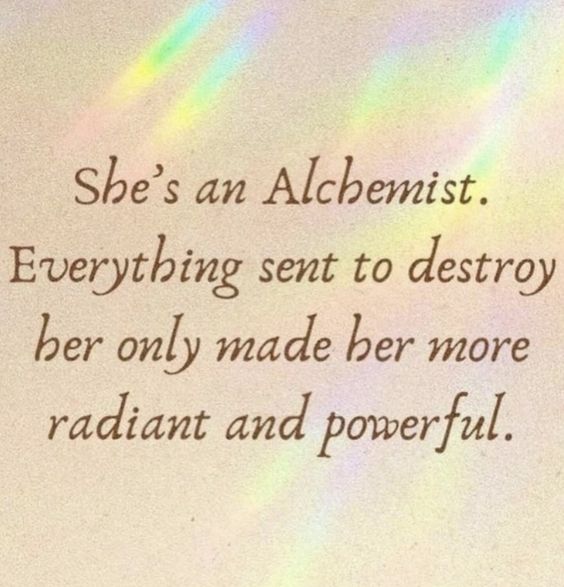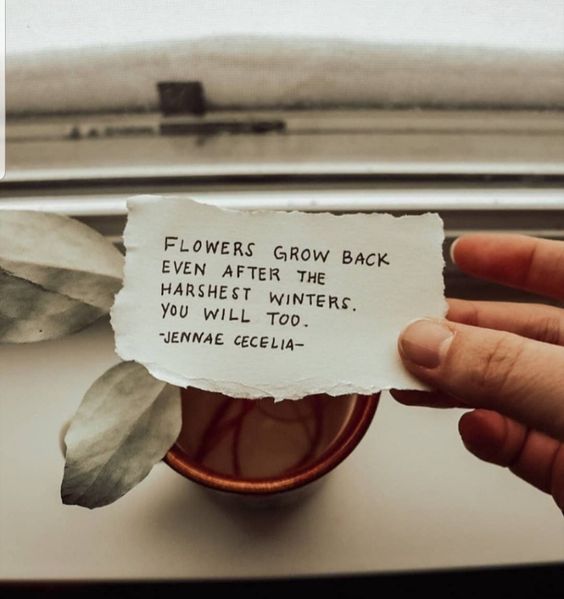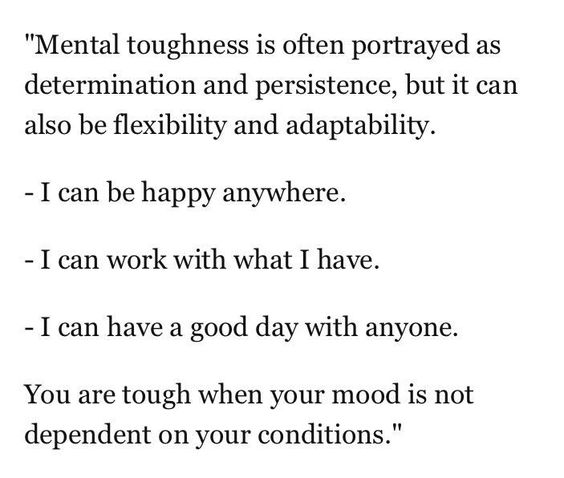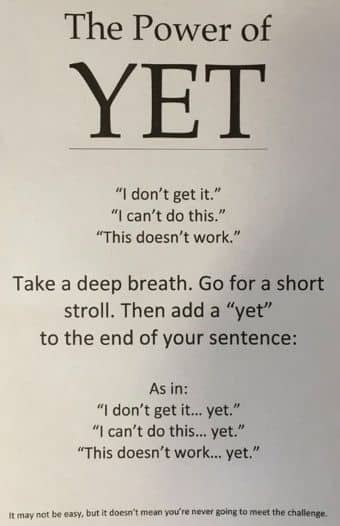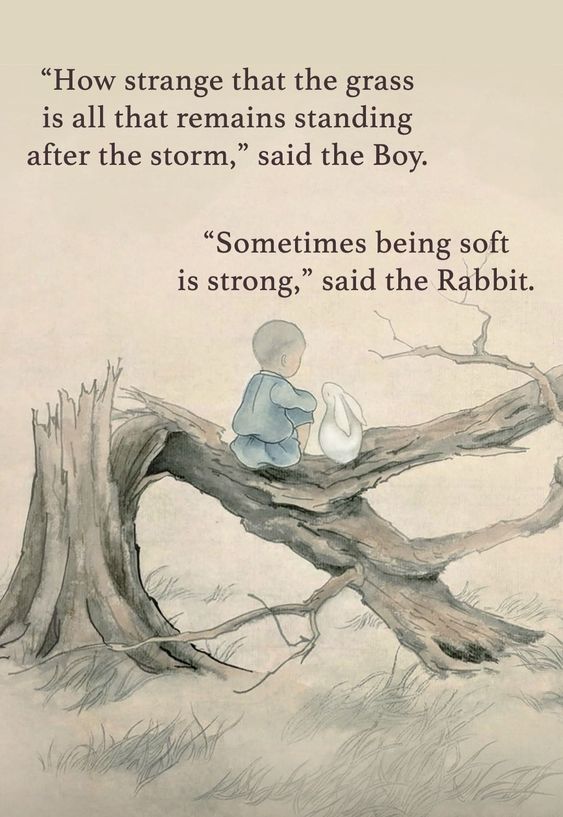“In the same way that a vaccine exposes our body to a manageable amount of the virus or the disease, teaching it how to fight the illness, talking to ourselves (or our children) about what is going to happen in advance of it happening helps us deal with it. It removes the surprise, it removes the suddenness of it. The last thing you want to do is to face anything—a virus or a trip to the grocery store with a tired kid—defenseless. Especially when there are defenses available.”
Ryan Holiday
“It is very good that people go on changing from this to that job; that keeps them fluid. In a better world, everything will be more mobile than it is, and people should be changing continually so that nothing becomes a fixation—a fixation is a disease. Each new job, each new project, brings a new quality to your being—it makes you richer.”
Osho, Everyday Osho (Page 179)
“There’s something in us that fiercely resists change. And there’s something else in us that welcomes it, finds it bracing, even seeks it out. It’s the latter trait that keeps the species going.”
John W. Gardner, Self-Renewal (Page xi)
Self-Renewal [Book]

Book Overview: This is a book about the importance of renewal for both societies and individuals – and the interdependence between the two to accomplish it. Societal renewal (think government, education, race relations, international affairs), hinges on a creative society, which itself hinges on the capability of individuals to move from apathy to self-renewal. What sounds simple is complicated by entropy, the slowing pace that invariably occurs in societies, organizations, and individuals as they age. Gardner writes, “[V]itality diminishes, flexibility gives way to rigidity, creativity fades and there is a loss of capacity to meet challenges from unexpected directions.” Shocks to the system (think wars, disasters, pandemics, loss of a job) often unlock “new resources of vitality.” How to continually initiate renewal apart from these external prompts is the secret and subject of this book.
“Trauma constantly confronts us with our fragility and with man’s inhumanity to man but also with our extraordinary resilience. I have been able to do this work for so long because it drew me to explore our sources of joy, creativity, meaning, and connection—all the things that make life worth living. I can’t begin to imagine how I would have coped with what many of my patients have endured, and I see their symptoms as part of their strength—the ways they learned to survive.”
Bessel van der Kolk, The Body Keeps The Score (Page 358) | ★ Featured on this book list.
“The roots of resilience… are to be found in the sense of being understood by and existing in the mind and heart of a loving, attuned, and self-possessed other.”
Diana Fosha, via The Body Keeps The Score (Page 108)
“Change can be scary, but it’s utterly unavoidable. In fact, impermanence is the only thing you can truly rely on. If you are unwilling or unable to pivot and adapt to the incessant, fluctuating tides of life, you will not enjoy being here. Sometimes, people try to play the cards that they wish they had, instead of playing the hand they’ve been dealt. The capacity to adjust and improvise is arguably the single most critical human ability.”
Will Smith, Will (Page 193)
The Mountain Is You [Book]
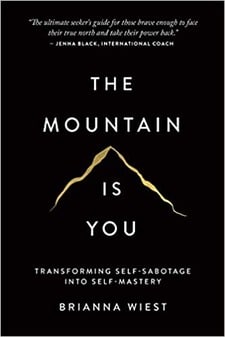
Book Overview: This is a book about self-sabotage. Why we do it, when we do it, and how to stop doing it—for good. Coexisting but conflicting needs create self-sabotaging behaviors. This is why we resist efforts to change, often until they feel completely futile. But by extracting crucial insight from our most damaging habits, building emotional intelligence by better understanding our brains and bodies, releasing past experiences at a cellular level, and learning to act as our highest potential future selves, we can step out of our own way and into our potential. For centuries, the mountain has been used as a metaphor for the big challenges we face, especially ones that seem impossible to overcome. To scale our mountains, we actually have to do the deep internal work of excavating trauma, building resilience, and adjusting how we show up for the climb. In the end, it is not the mountain we master, but ourselves.
Post(s) Inspired by this Book:
48 Brianna Wiest Quotes from The Mountain Is You on Self-Sabotage and Healing
“Be pliable. When a man is living, he is soft and pliable; when he is dead, he becomes rigid. Pliability is life; rigidity is death, whether one speaks of man’s body, his mind, or his spirit.”
Bruce Lee, Striking Thoughts (Page 5)
“Mental toughness is often portrayed as determination and persistence, but it can also be flexibility and adaptability.
– I can be happy anywhere.
– I can work with what I have.
– I can have a good day with anyone.
You are tough when your mood is not dependent on your conditions.”
James Clear, Blog
“Have no single point of failure. Have no single path to success.”
James Clear, Blog
“We should be ready to change our views at any time, and slough off prejudices, and live with an open and receptive mind. A sailor who sets the same sails all the time, without making changes when the wind changes, will never reach his harbor.”
Henry George, A Calendar of Wisdom (Page 28)
“The point is not to have an iron will, but an adaptable will—a will that makes full use of reason to clarify perception, impulse, and judgment to act effectively for the right purpose. It’s not weak to change and adapt. Flexibility is its own kind of strength. In fact, this flexibility combined with strength is what will make us resilient and unstoppable.”
Ryan Holiday, The Daily Stoic (Page 281)
“Nature is merciful and does not try her children, man or beast, beyond their compass. It is only when the cruelty of man intervenes that hellish torments appear. For the rest—live dangerously; take things as they come; dread naught, all will be well.”
Winston Churchill, via The Daily Stoic (Page 280)
